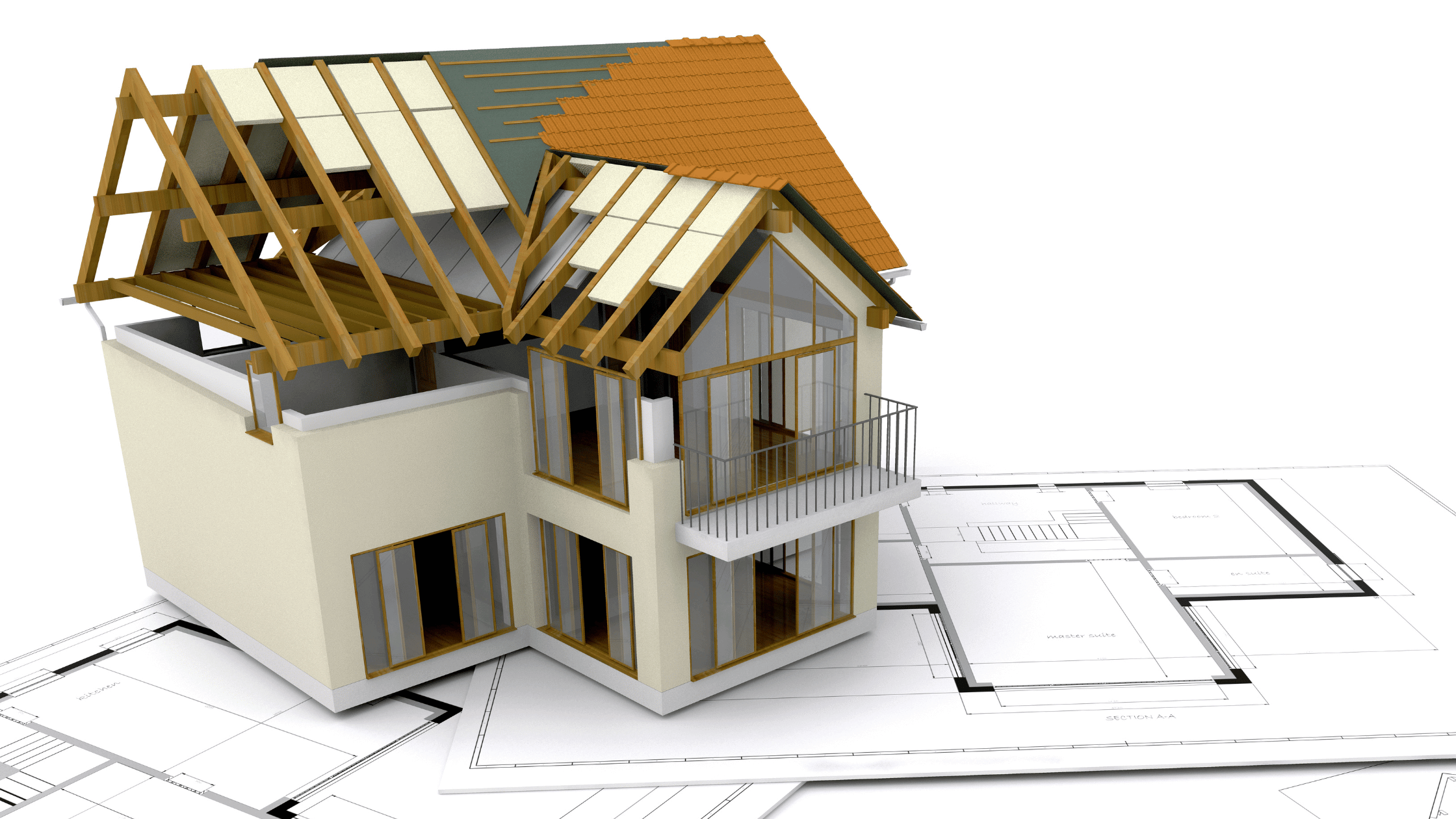
The history of home automation systems is as old as time itself, or at least as old as electricity. From simple switches to homes that we call smart, we have come a long way in our quest for convenience and control of our homes. Now, let us take you on a journey through time to when home automation was just originating.
A company called ECHO IV developed the first home automation system in the year 1966. Its basic function was turning appliances on and off by using a central panel, similar to current-day central hubs, only less futuristic. This home automation system was very expensive for the average homeowner of those times. The technology being used was not very advanced either. Hence, it was not a practical choice and it did not make many sales.
Reaching the 1980s. The term “Smart Home” was coined by the American Association of House Builders in the year 1984. This is when a new home automation system called X10 was introduced to the market. X10 was a home automation system that was more accessible to the masses because of being a little more affordable than ECHO IV. X10 used powerline communication to control devices. A powerline communication system carried data through a conductor that simultaneously carried alternating currents to different devices. This meant that X10 had its own flaws. If someone tried to turn the vacuum cleaner on, there were chances that the television set would turn off by accident.
In the 1990s, the Internet was born. With it came the birth of a new era of home automation systems. Creston, Control4, and other such companies started using the internet to connect different devices. This led the home automation systems to become more sophisticated than they were before. Home automation systems became more affordable and more commonplace too. Many household appliances could be connected to computers, making everyday life a little more comfortable for users.
Come 2012, all over the world, there were 1.5 million homes using automated home systems. In 2014 Amazon released Amazon Echo. This was the first example of a smart home hub. This also allowed users to vocally instruct their home automation systems to do tasks.Today, smart home automation is integrated into several homes. It is increasing the users’ convenience, control, and safety. Everyone can access their homes from any part of the world through their smart phones. People’s houses are not just their homes anymore, they are their “Smart Homes”.
FAQs:
Q: When was the first home automation system invented?
A. The first home automation system was invented in 1975 by a company called X10. They developed a system that used powerline technology to remotely control home appliances and devices.
Q: When did home automation systems become more popular?
A. Home automation systems became more popular in the 1990s with the introduction of wireless technology. This made it easier to install and use these systems in homes.
Q: What were some of the early home automation devices?
A. Some of the early home automation devices included remote-controlled thermostats, lighting controls, and security systems.
Q: How have home automation systems evolved over time?
A. Home automation systems have evolved from simple remote-control devices to complex systems that can be controlled through mobile apps and voice assistants. They can also now control a wide variety of home appliances and devices.
Q: What is the impact of the internet on home automation systems?
A. The internet has made it possible for home automation systems to be controlled from anywhere in the world. This has increased their convenience and security.
Q: What is the role of artificial intelligence in home automation systems?
A. Artificial intelligence is becoming increasingly important for home automation systems. It can learn a user’s preferences and adjust the home’s environment accordingly.
Q: What are some of the benefits of home automation systems?
A. Home automation systems can improve energy efficiency, increase security, and provide greater convenience for homeowners.





